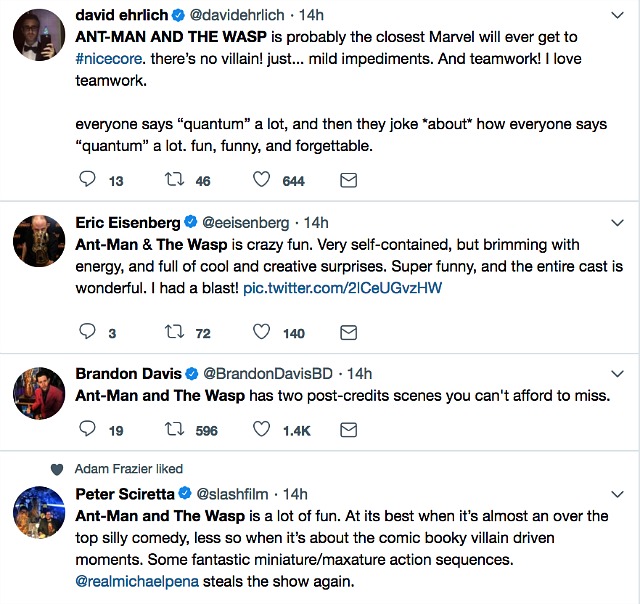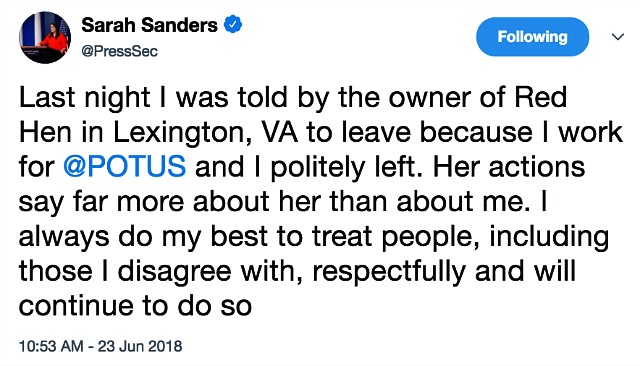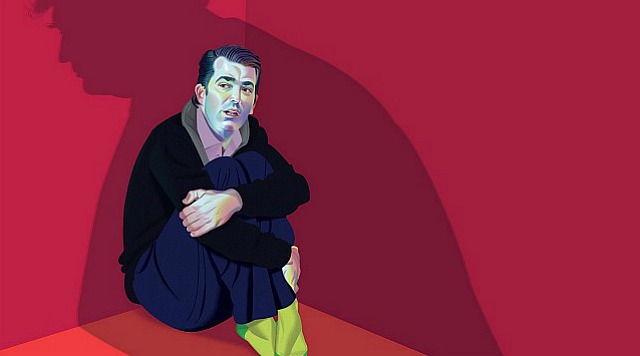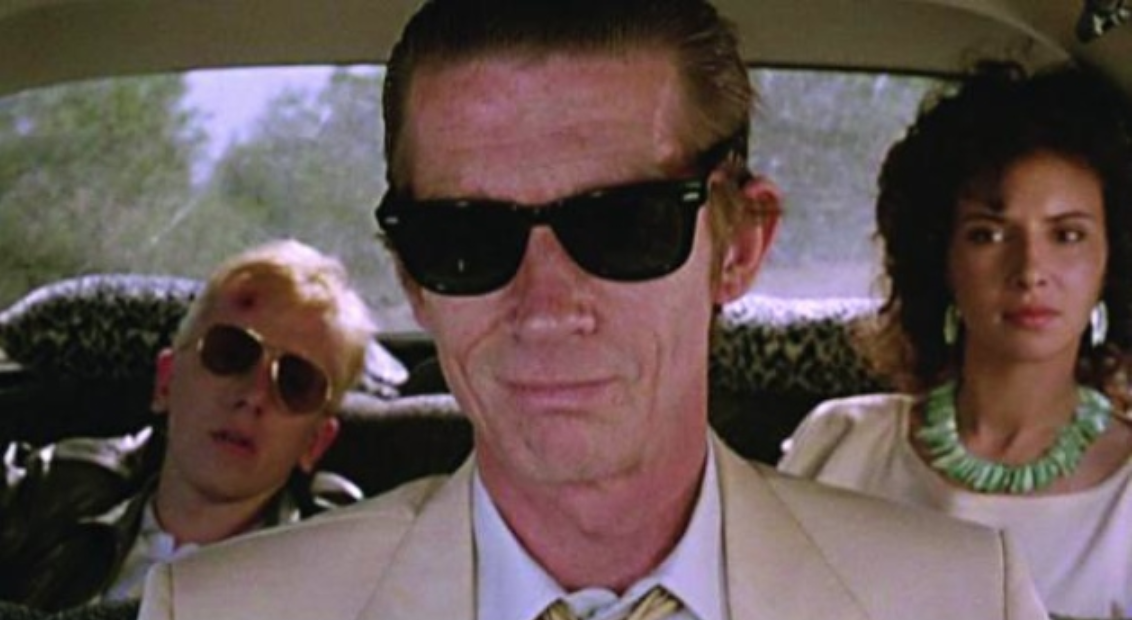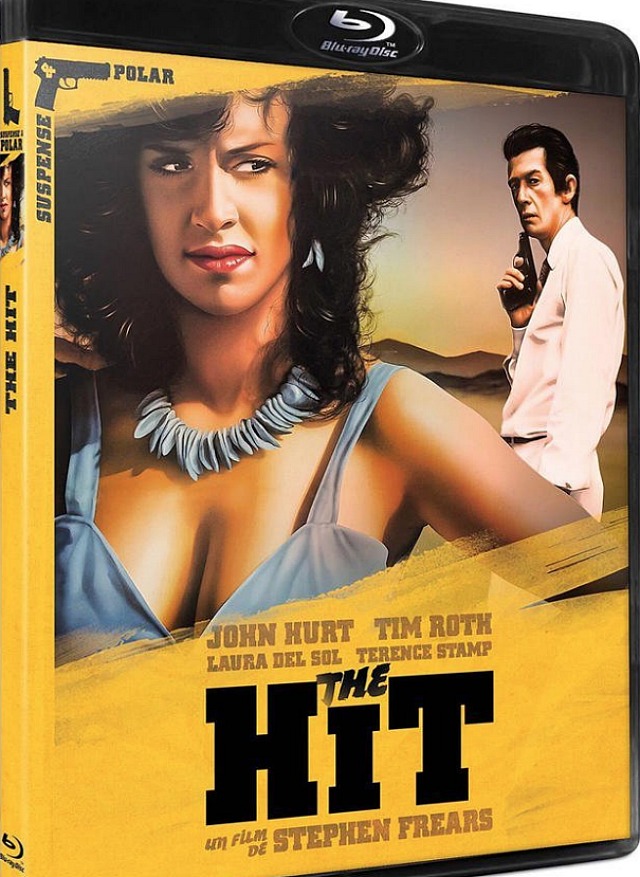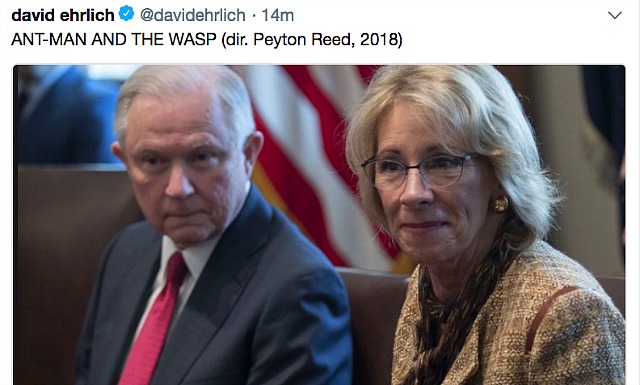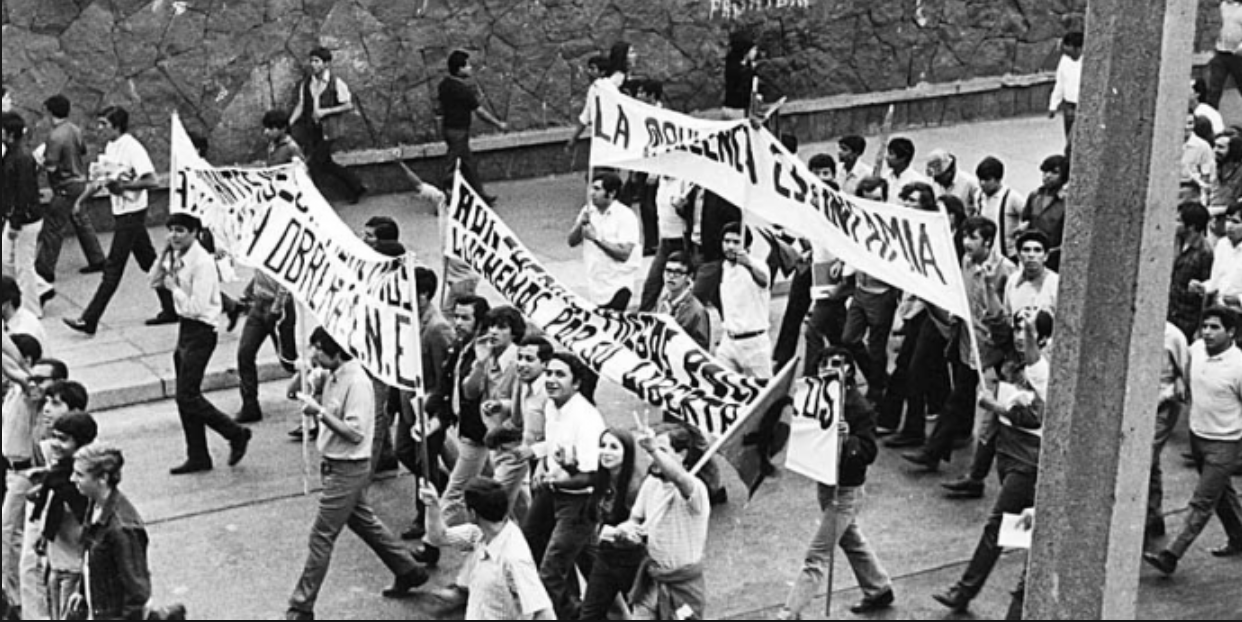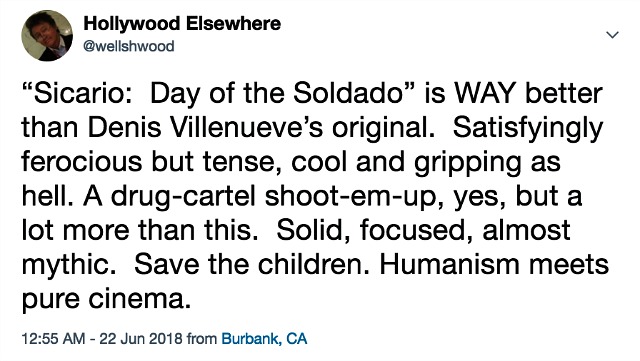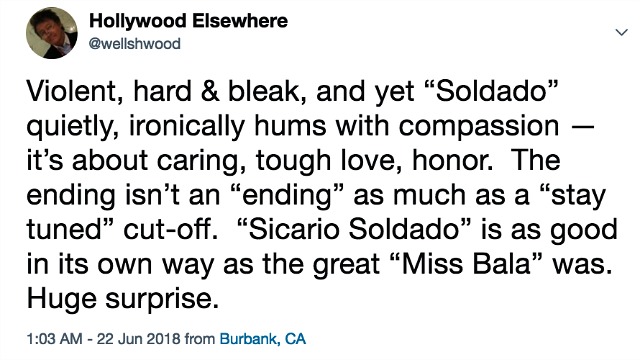I know I’ve listed these films several times, and that a good portion probably won’t matter in the long run, and that some may not even open this year, but I’ve listed them anyway. Which ones would you describe as pulse-quickening and which sound meh or dismissable?
1. Damien Chazelle‘s First Man (Ryan Gosling, Claire Foy, Corey Stoll, Kyle Chandler, Jason Clarke).
2. Alfonso Cuaron‘s Roma (Marina de Tavira, Marco Graf, Yalitza Aparicio, Daniela Demesa, Enoc Leaño, Daniel Valtierra).
3. Adam McKay‘s Backseat (w/ Christian Bale, Amy Adams, Steve Carell, Sam Rockwell).
4. Cold War (d: Pawel Pawlikowski) (Joanna Kulig, Agata Kulesza, Borys Szyc, Tomasz Kot, Adam Ferency).
5. Bjorn Runge‘s The Wife (Glenn Close‘s Best Actress campaign + Jonathan Pryce, Christian Slater, Annie Starke. Max Irons).
6. Bradley Cooper‘s A Star Is Born (w/ Cooper, Lady Gaga, Sam Elliott, Andrew Dice Clay and Dave Chappelle).
7. Jonah Hill‘s Mid ’90s (Sunny Suljic, Katherine Waterston, Lucas Hedges, Alexa Demie).
8. Felicity Jones as Ruth Bader Ginsburg in On The Basis of Sex.
9. Mary, Queen of Scots (Saoirse Ronan, Margot Robbie, David Tennant, Jack Lowden, Guy Pearce);
10. David Lowery‘s The Old Man and the Gun (Robert Redford, Casey Affleck, Sissy Spacek, Danny Glover, Tika Sumpter, Tom Waits, Elisabeth Moss).
Read more
